How is AI affecting the recruitment industry
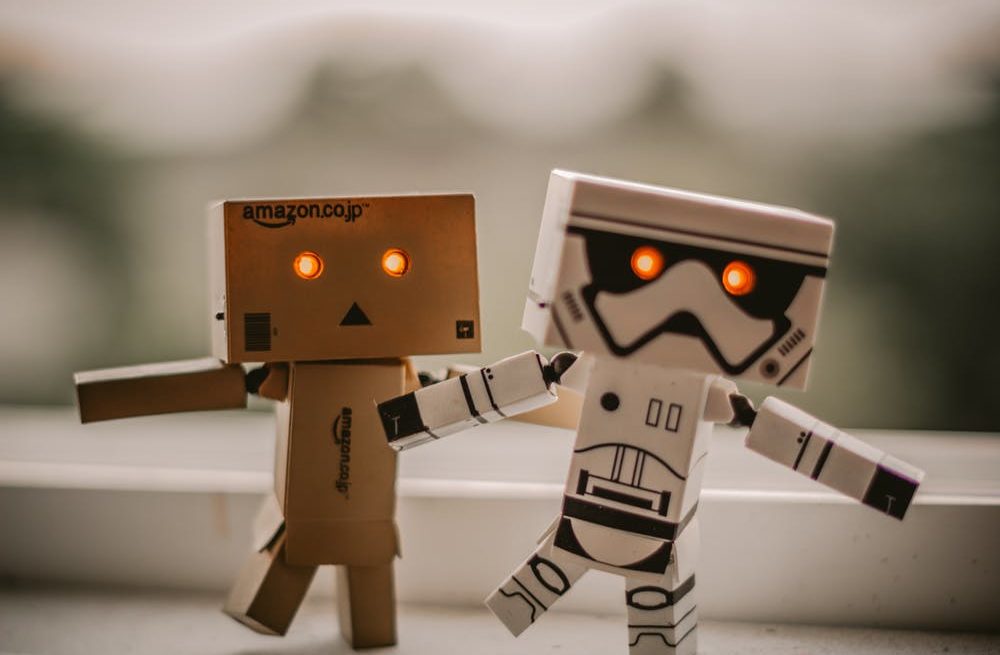
AI or artificial intelligence is not a thing of the future anymore; it is already here, being implemented slowly but steadily across organizations, both big and small. Today, AI has made its way into almost every possible sector and recruiting is no different. Artificial intelligence, machine learning, and neural networks have been dominating the headlines as well as markets for the last couple of years. Artificial Intelligence can work in mainly four ways-
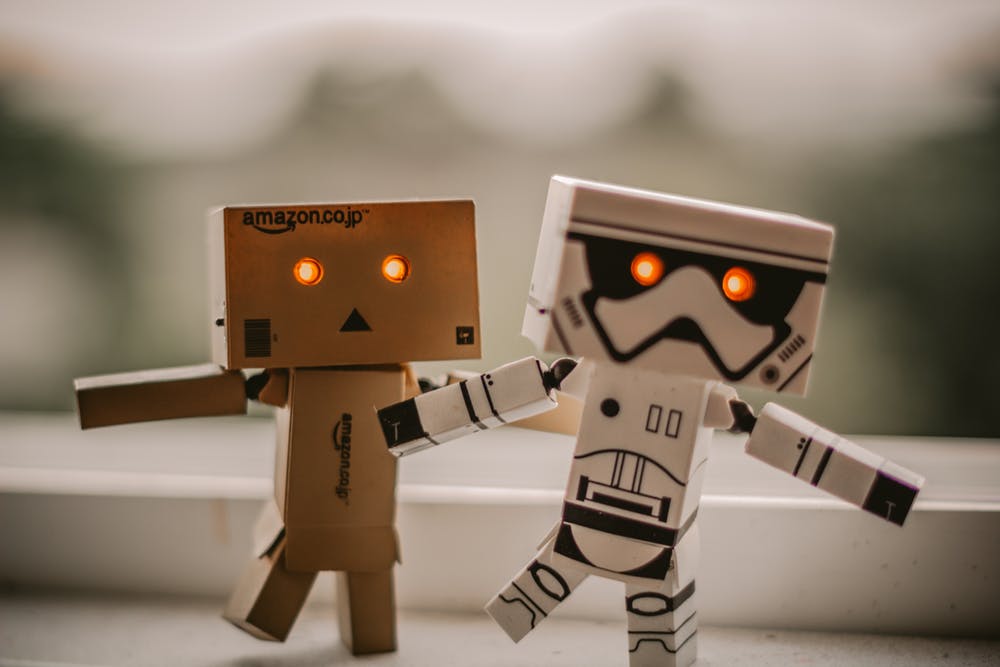
A) Hardwired (Human in the loop)
These AI systems help humans in decision making and these systems do not learn from the interactions. Another name for hardwired AI systems is specific systems.
B) Hardwired (No human in the loop)
This kind of Artificial Intelligence does not create anything new, rather focuses on automating cognitive and manual tasks.
C) Adaptive systems (Human in the loop)
As the name suggests, this type of AI system enhances decision making jobs and also learn from them. Human interaction is a key element and the Artificial Intelligence learns from the decisions taken and over time becomes capable enough to take decisions on its own accord.
D) Adaptive systems (No human in the loop)
This encapsulates all such AI systems that can adjust to different real-world situations and act independently without anyone’s interference.
Companies make extensive use of artificial intelligence not only to select the potentially ideal candidate but also to effectively eradicate the administrative roles in the organization so that Human Resources managers can concentrate on issues such as performance management and strategy. Here’s how AI is affecting recruiting-
1. Chatbots and AI enabled tools will remove tedious tasks

Chatbots essentially remove the monotonous and mundane task of sorting through hundreds of applicants. It also guides potential employees on things such as what will be the interview venue for a particular date, what to carry to the venue and what to expect from the process. Similarly, it is extremely common for recruiters to use Applicant Tracking System (ATS) which is an AI operated tool to sift through the interviewee list.
2.Bias eradication
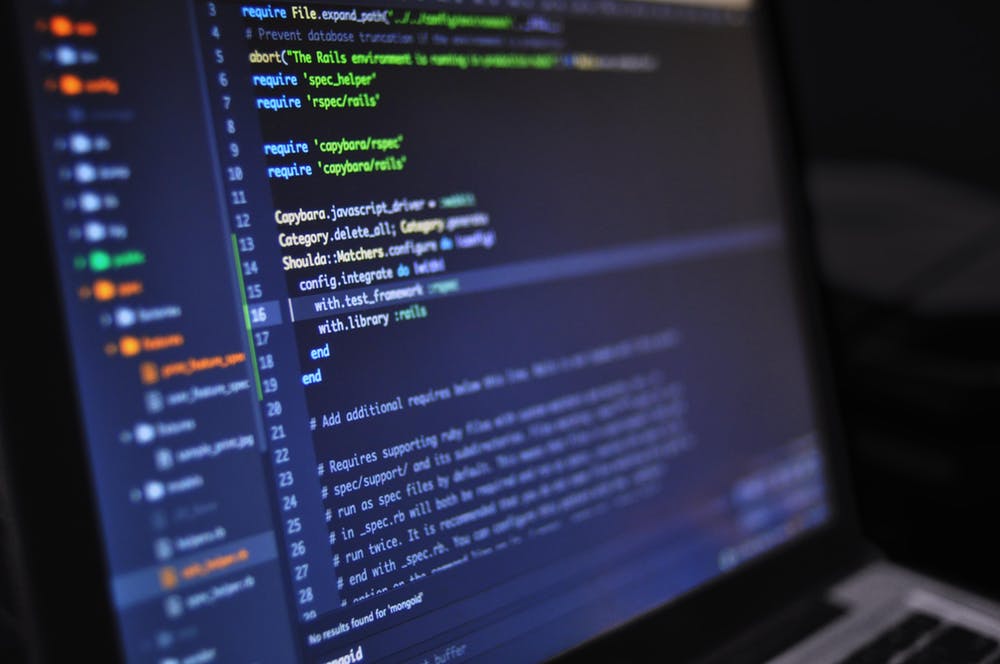
Human beings are prone to bias and many a time, unconscious bias subtly affects our decisions subconsciously. Unconscious bias encapsulates gender bias, societal stereotypes, race bias to name a few. Using Artificial Intelligence solves the problem completely as machines are not pre-disposed to the bias of any kind. This results in better employee and job role fit as well as better quality of employees. Artificial intelligence uses a variety of factors to judge the effectiveness of a candidate including predictive analysis to ascertain whether a candidate will succeed in a job role or not.
3.Improving candidate experience
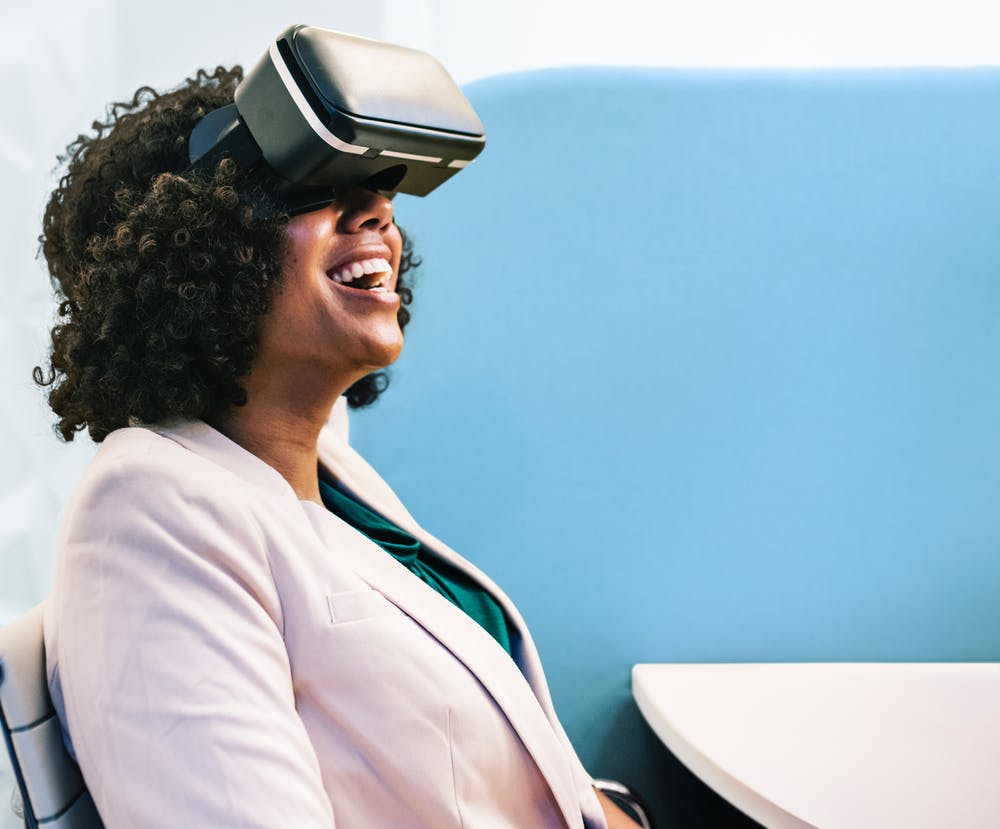
Candidates applying for a post in any organization need essential information at their fingertips which in turn makes the entire process smooth for both the individual as well as the organization hiring. This also ensures that the candidate has a positive image of the company he is applying for, as a positive brand image can lead to many benefits for the organization.
4. Writing stunning job advertisements
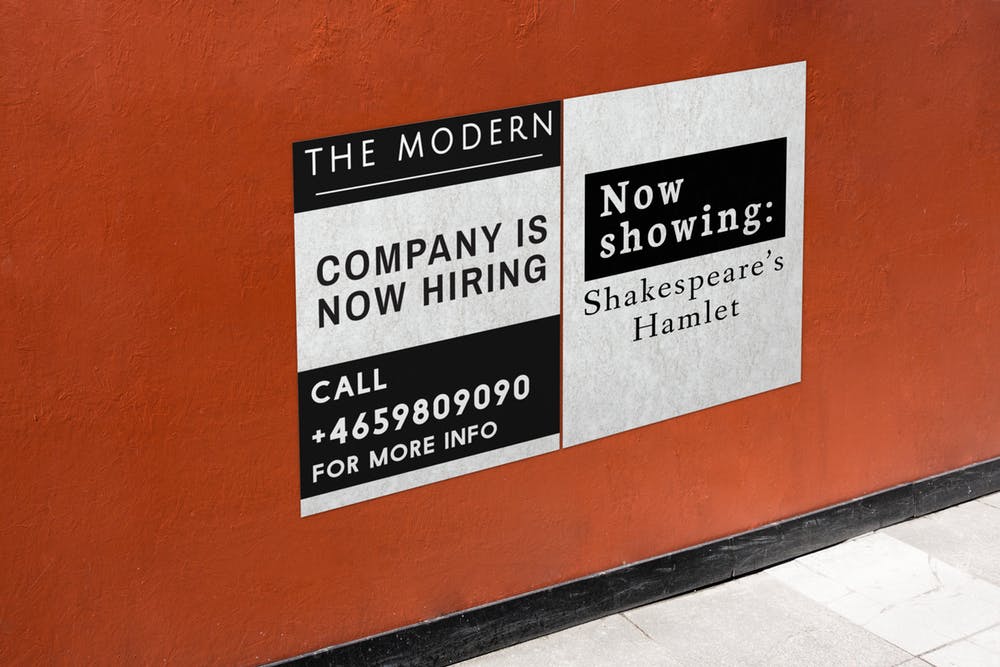
Companies compete amongst themselves for recruiting the best talent out there and one way of attracting essential employees is writing job advertisements that grab attention. Companies like Textio use predictive and data analysis to understand why some advertisements attract star employees while others don’t. The AI systems used here are adaptive with human beings present in the loop.
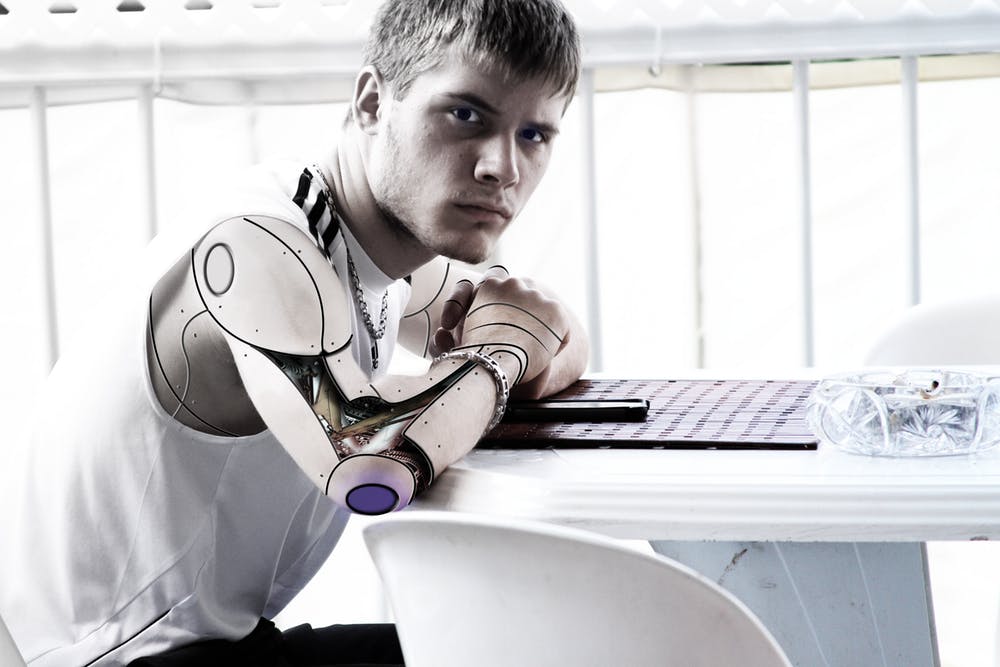
While using AI has its own unique benefits, it has some potential pitfalls too. Some of them are enumerated below-
- AI systems will screen candidates based on keywords and relevance and not on the basis of face to face interactions which makes it miss out on many vital aspects like body language and the opportunity to interact face to face.
- AI systems will determine how fit a candidate is for a particular post and predict how beneficial will the potential employee be for the organization but fails to see that the candidate has the habit of frequently leaving jobs.
- AI systems can learn and pick up human biases too.
- In cases of decision making, it is natural that an AI involved with the same will have a few hiccups at the start and based on its mistakes, it will improve itself in the future. Now an organization must be willing to face the brunt of the earlier mistakes.
To conclude, AI in recruiting can essentially help companies reduce overhead costs and increase productivity. Companies should combine AI systems and human elements in recruiting so as to obtain a method where AI and human elements can work together and strengthen each other to make the end product flawless.